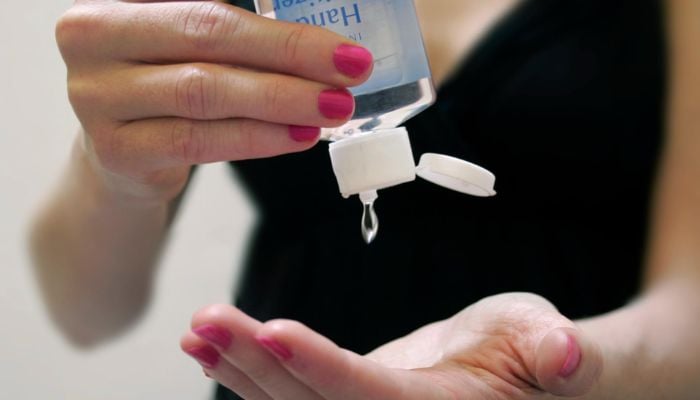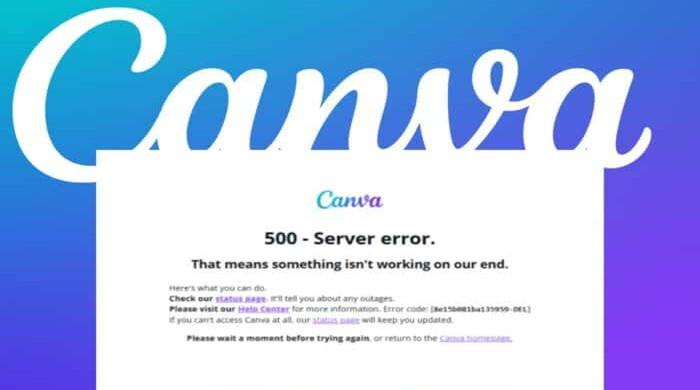EU's ethanol warning: How is your hand sanitizer linked to cancer?
EU targets ethanol in hand sanitizers following carcinogen classification
October 21, 2025

The European Union (EU) is considering a possible ban on the use of ethanol in hand sanitizers and other biocidal products following a scientific review of the substance that established a higher risk of cancer associated with the use of the common antiseptic.
The suggestion to ban is based on an internal advice issued by a working group of the European Chemicals Agency (ECHA) on October 10.
The group identified ethanol as a substance, which ought to be categorized under dangerous category because it may be toxic, this is after raising concerns that it may augment the danger of cancer and may otherwise cause complications during pregnancy.
What is the connection between the Common Antiseptic and Cancer?
The concern is not about the immediate use of hand sanitizer, but rather the long-term, cumulative exposure to ethanol, especially through inhalation of vapors and absorption through the skin.
The ECHA analysis dwells on the possibility of the chemical to be cancer causing (carcinogenic) and reproductively toxic.
If the scientific committee approves this classification, it would trigger a recommendation to substitute ethanol in various cleaning and disinfectant items
ECHA, in an e-mailed statement to Reuters confirmed its continuing assessment, stated that if its expert committee “concludes that ethanol has the potential to cause cancer of harm human reproduction, it would recommend its substitution."
What happens next?
The findings are to be discussed at the ECHA Biocidal Products Committee which are scheduled to meet between November 25 and 28.
The European Commission will give its final decision on the basis of scientific opinion based on the committee’s review.
The ECHA has emphasized that it has not made any final decision. The regulator explained to the Financial Times that ethanol could “still be approved for the intended biocidal uses, if these are considered safe in the light of expected exposure levels or no alternatives are found.”
This possible action of the EU is opposite to the position of the World Health Organization (WHO) which now includes ethanol and isopropanol to the list of safe products to be used in hand hygiene.
The discussion reveals the changing face of scientific risk assessment and precautionary ethos that is commonly adopted by the European regulators, which may cause a considerable change in the design of sanitizers and disinfectants on the continent.











